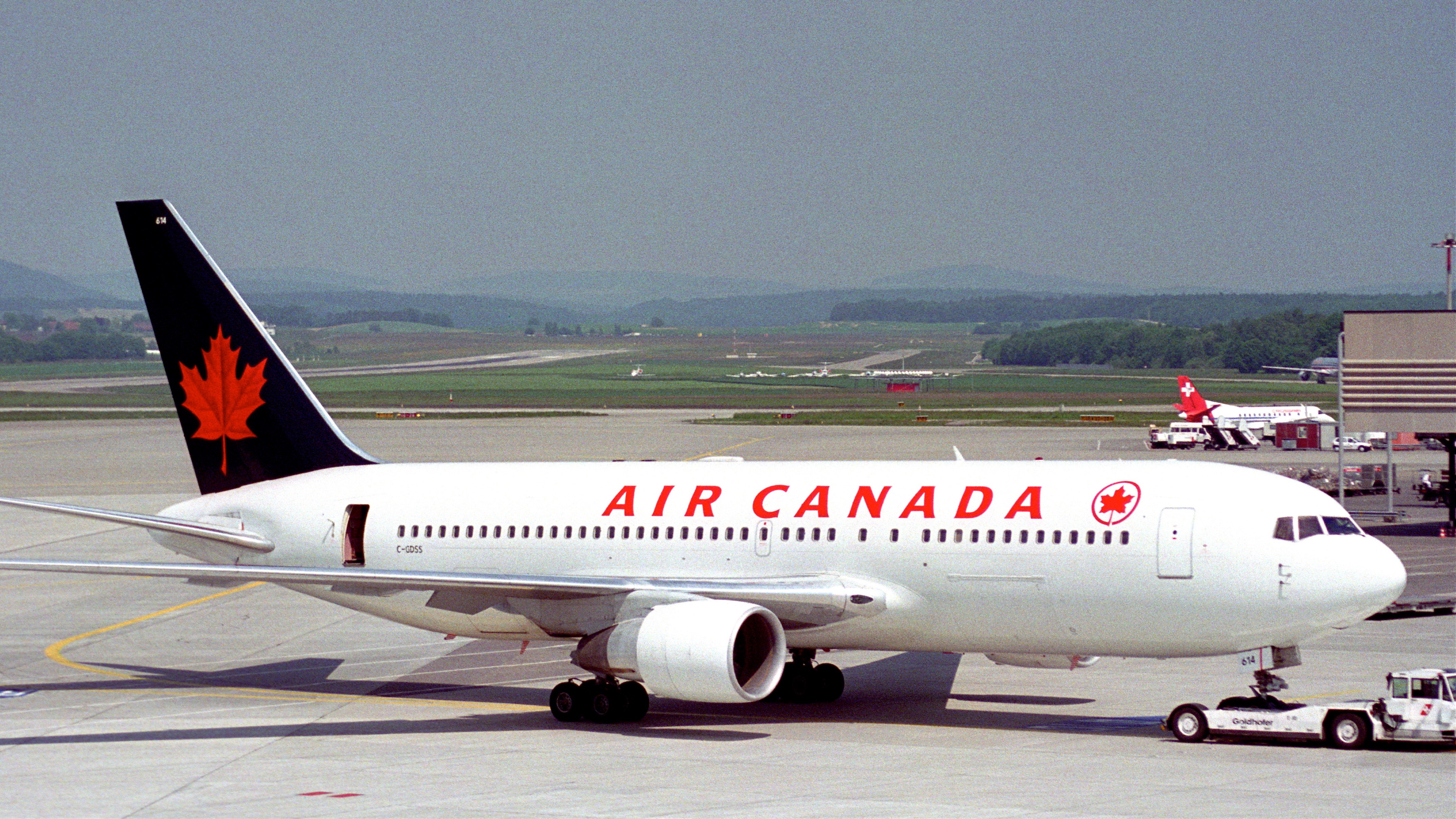Canadian airline stocks suffered a difficult trading session on September 25. Shares of Air Canada (TSX:AC)(TSX:AC.B) declined 7.31% on the day; WestJet Airlines Ltd. (TSX:WJA) stock decreased 1.82%; and Chorus Aviation Inc. (TSX:CHR) fell 2.76%. This was a significant dip in a year that has seen record earnings and performance for airline stocks.
What caused this drop?
Are airline stocks overheated?
The S&P/TSX Index has hit four-month highs in the last week, powered by Canadian bank stocks, energy, and even airlines. Airlines saw big gains, led by Air Canada, on September 21, as analysts raised price targets following positive forecasts.
Even after this recent dip, Air Canada has increased 86.5% in 2017 and 164% year over year. On September 19, Air Canada concluded a meeting in which it boosted profit projections and set a target for loyalty programs in 2018 and 2020. The company was also seeking financial institutions to pair up on a co-branded credit card. Value from its loyalty business was projected between $2 billion and $2.5 billion over the next 15 years.
Air Canada is expected to post revenue growth of 10% in 2017 compared to the 6% growth it saw in 2016. As the biggest decliner on Monday, it is possible that Air Canada is simply experiencing a small correction after ripping off the incredible gains it has so far this year.
A big rally for oil prices
Although the dip in Air Canada can be explained by the stock overheating, the drop across the board suggests another trend. Oil has reached highs not seen since May of this year and is extending a rally that began after the devastation of Hurricane Harvey. The Organization of Petroleum Exporting Countries (OPEC) held a meeting on September 22 in which the countries agreed to maintain a halt on production into 2018.
Lower airline fuel costs have dramatically reduced operating expenses for airliners and improved profits. This has remained the case since the collapse in oil in 2014, but there are signs that this oil rebound could extend beyond a short rally. Faced with increasing pressure from North American producers, OPEC could decide to extend its production halt beyond 2018, which could push oil higher.
Should you buy the correction?
Air Canada has demonstrated very impressive quarterly results. However, it is not alone. WestJet Airlines released its second-quarter results in August which showed a 32% increase in net earnings. Chorus Aviation also had a nice second quarter with net income growing 22.3% to $26.7 million.
Consumer demand for more air travel is trending upward. Higher fuel costs could potentially put a dent in airliner earnings, but the long-term outlook for oil is still poor, so investors would be wise to bet on a cap for oil at its highs seen in 2015 and 2016. In other words, it will struggle to reach beyond the $60 mark.
Canadian airliners look poised to ascend, and this presents an attractive buying opportunity for investors looking to stack more in their portfolios.









